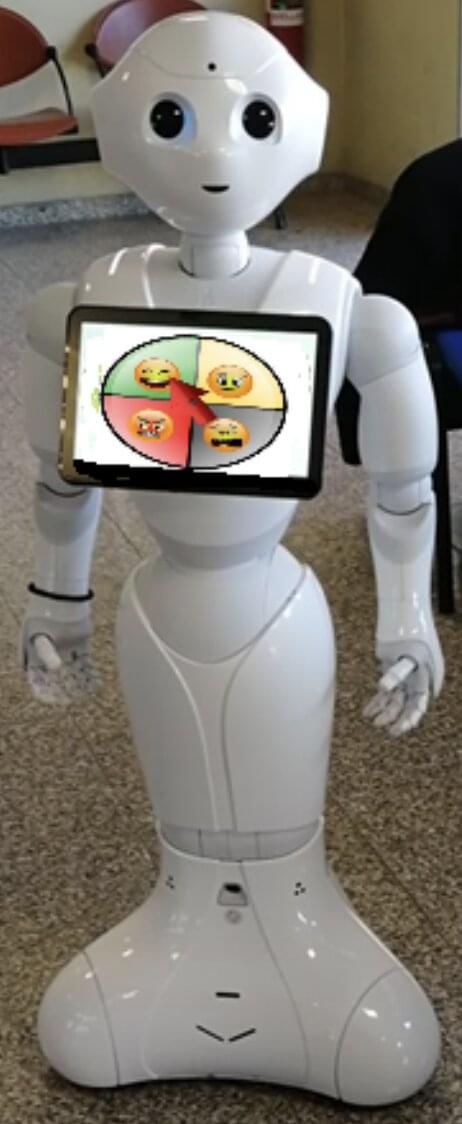Social robots, robots that can interact with humans and assist them in their daily lives, are gradually being introduced in numerous real-world settings. These robots could be particularly valuable for helping older adults to complete everyday tasks more autonomously, thus potentially enhancing their independence and well-being.
Researchers at University of Bari have been investigating the potential using social robots for ambient assisted living applications for numerous years. Their most recent paper, published in UMAP’22 Adjunct: Adjunct Proceedings of the 30th ACM Conference on User Modeling, Adaptation and Personalization, specifically explores the value of allowing social robots who are assisting seniors to learn the relationships between a user’s routines and his/her mood.
“Social robots should support older adults with daily activity and, at the same time, they should contribute to emotional wellness by considering affective factors in everyday situations,” Berardina De Carolis, Stefano Ferilli and Nicola Macciarulo wrote in their paper. “The main goal of this research is to investigate whether it is possible to learn relations between the user’s affective state state and daily routines, made by activities, with the aid of a social robot, Pepper in this case.”
